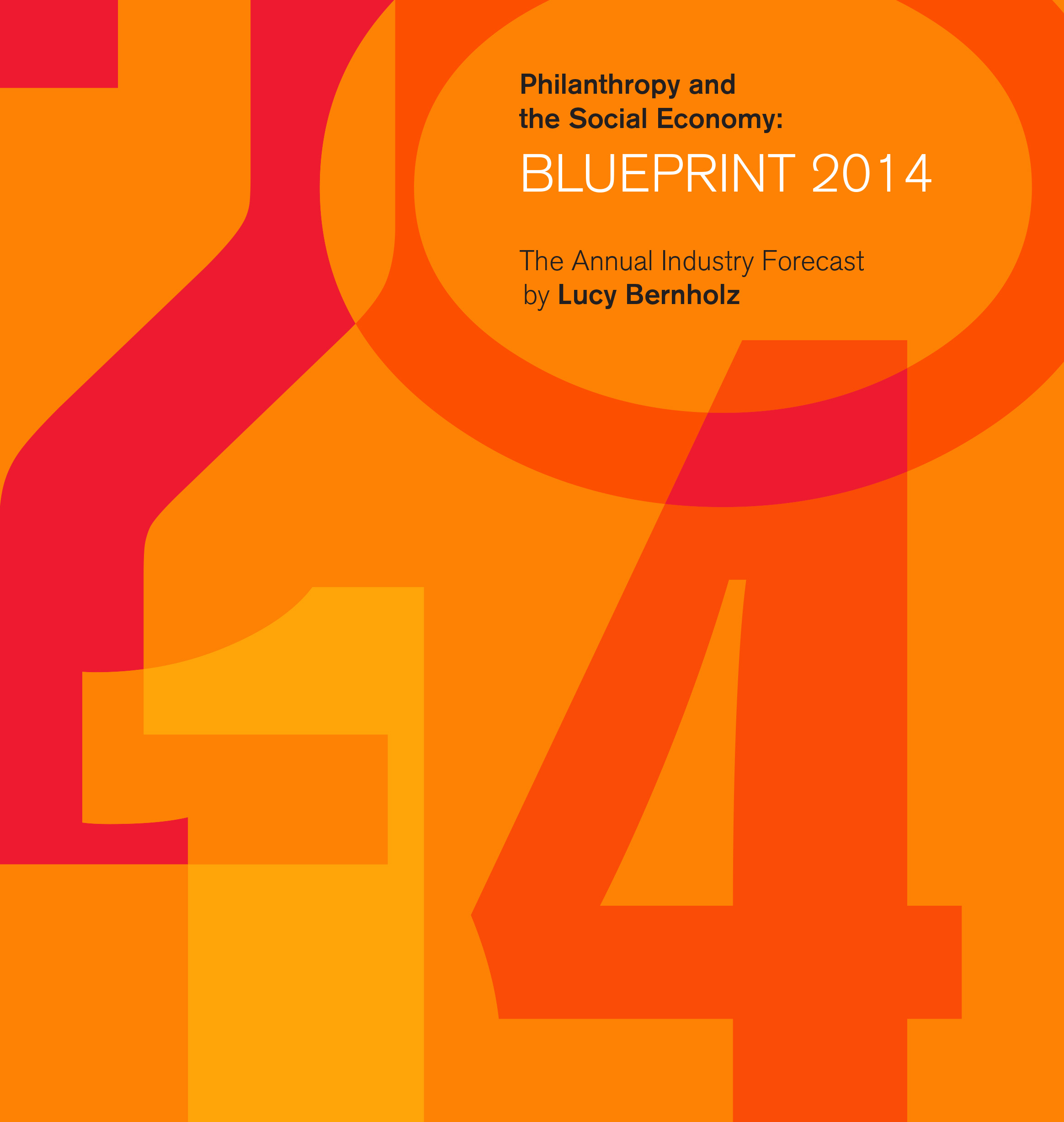Natural Allies: Philanthropy and Civil Legal Aid
Investing to help low-income people solve their legal problems is smart, results-oriented philanthropy. For decades, all over the country, legal aid groups have been a driving force that makes change real in millions of lives. They have answers when families need housing, food, health care. It's their work that corrects bad policy and changes how society treats the most vulnerable.
Yet, civil legal aid for families living in poverty or near poverty has often been an overlooked partner in philanthropic efforts to improve the bedrock economic, social, and health conditions for low-income people and communities. It's the indispensable underpinning for much of the work funders already support, a complementary strategy that can increase the impact of a funder's efforts. But it doesn't get a lot of attention.
Currently, however, three things are happening on a national scale that demand attention and offer tremendous opportunity:
- Because of challenging economic times, more people are poor and have no resources to get legal help to meet their basic needs -- for housing, health care, personal safety, and income and economic security.
- Funding that for decades has sustained legal aid work all over the country is in a state of crisis.
- Legal aid groups -- problem solvers by nature -- are extending their reach by creating new and innovative programs that are reshaping the field with the potential to help more people. And there is unprecedented energy from newly engaged allies in all corners, leading to new partnerships and greater impact.
Providing more civil legal aid is not just a matter of addressing problems that low-income people encounter; it's also a matter of ensuring basic access to justice for them. Some foundations have embraced legal aid, and several are highlighted in these pages. But, overall, private philanthropy has barely gotten its feet wet on this issue -- and it should take a larger and deeper plunge.
By embracing this powerful tool and incorporating it into existing priority areas, funders have an opportunity to help tackle barriers to equal justice and enhance their grantmaking programs. It's a win-win approach.
Publishers
Kresge Foundation, Public Welfare Foundation


